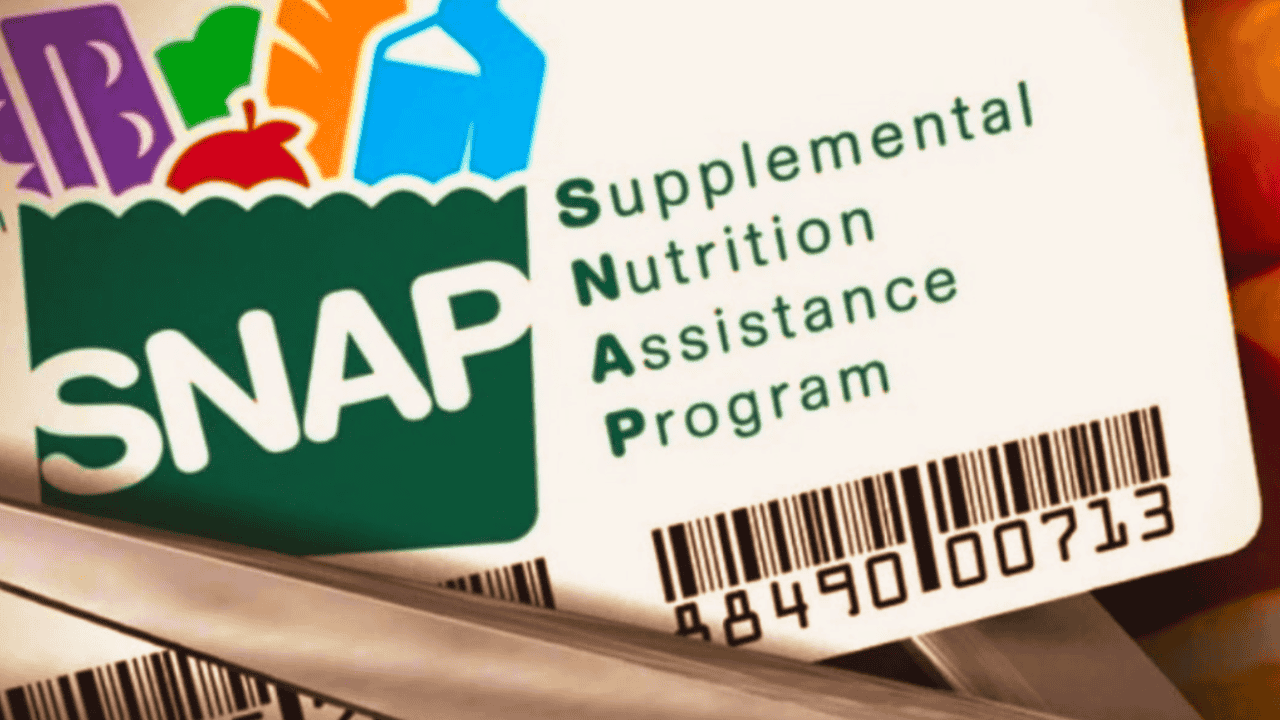Your Social Security payout isn’t fixed; it can grow depending on your career choices and the age you claim your benefits. If you continue working after reaching your Full Retirement Age (FRA), especially in a well-paying job, it could raise your monthly benefits permanently. That’s because Social Security uses your 35 highest-earning years to calculate your benefits, and a new, higher salary might replace a lower-earning year in the formula.
Recent legal changes, especially the Social Security Fairness Act that took effect in 2024, have also unlocked more benefits for certain public sector employees. Jobs like teaching, firefighting, and policing, which were once subject to benefit cuts, are now more rewarding when it comes to Social Security. Understanding these updates, along with the tax rules and claiming strategies, is key to getting the most from your Social Security.
How Your Job and Age Can Affect Social Security

For people born in 1960 or later, the Full Retirement Age (FRA) is now 67. This matters because once you reach this age, your earnings no longer reduce your Social Security payments. So, if you’re still working at that age and especially if you’re earning more than before, it could actually boost your benefit amount.
That’s because Social Security calculates your payout based on your 35 highest-earning years, adjusted for inflation. If your current income after FRA is higher than some earlier years in your work record, the system automatically updates your benefit amount. These updates usually happen every December and result in a permanently higher monthly benefit.
Public Sector Workers Get a Boost in 2024
The Social Security Fairness Act (SSFA), effective from January 2024, changed the game for many public employees. It removed older rules that reduced Social Security benefits for people who also had government pensions, like teachers, police officers, or firefighters.
Two specific penalties; the Windfall Elimination Provision (WEP) and the Government Pension Offset (GPO) — were eliminated. That means public workers can now collect their full Social Security benefits in addition to their government pensions, giving them a better financial edge in retirement.
What Happens If You Work Before FRA?
If you start claiming your Social Security before you reach your FRA and you’re still working, there’s an earnings test to keep in mind. In 2025, if you earn more than $23,400 in a year, $1 will be deducted from your benefits for every $2 you earn over that amount.
In the year you reach FRA, the limit is higher — $62,160 — and the deduction is $1 for every $3 earned above that amount. But here’s the good news: the money withheld is not lost. Your benefits are adjusted once you reach FRA to account for the amount held back.
Don’t Forget the Tax Factor
Your Social Security benefits can be taxed if your combined income — which includes wages, pensions, and investment income — is over a certain limit. In fact, about 40% of people receiving benefits end up paying federal income tax on them. On top of that, nine states also tax Social Security, each with its own rules.
If you’re still working or have other income sources during retirement, you could fall into that tax category. That’s why it’s important to consider your entire financial picture and prepare for the possible tax impact.
Should You Delay Claiming Beyond Age 70?
While delaying your benefits past your FRA can increase your monthly payout thanks to delayed retirement credits, these credits stop building up once you hit 70. So, if you haven’t started your benefits by then, there’s no added benefit in waiting any longer. To maximize your overall retirement income, it’s best to claim by age 70.
Smart Tips for Maximizing Your Social Security
To make the most of your benefits, regularly check your Social Security statement through the SSA website. Their online “Retirement Estimator” tool helps you see how much you’ll get at different claiming ages. It’s also smart to talk to a financial advisor or tax expert, especially if you have multiple income sources or want help navigating the tax side of things.
Lastly, always make sure your personal information is up to date with the SSA — it can prevent issues or delays with your payments.









